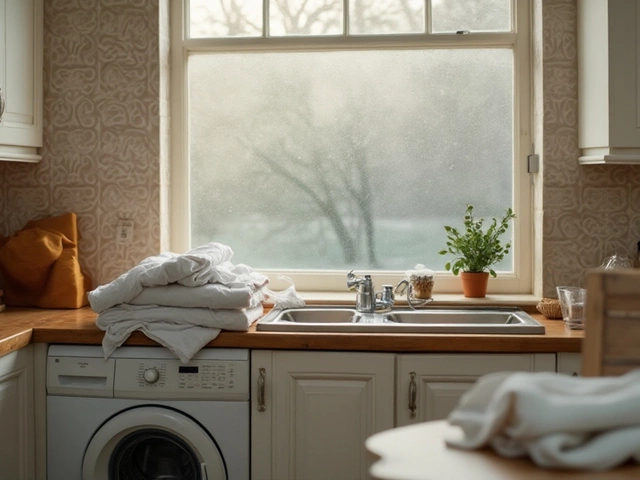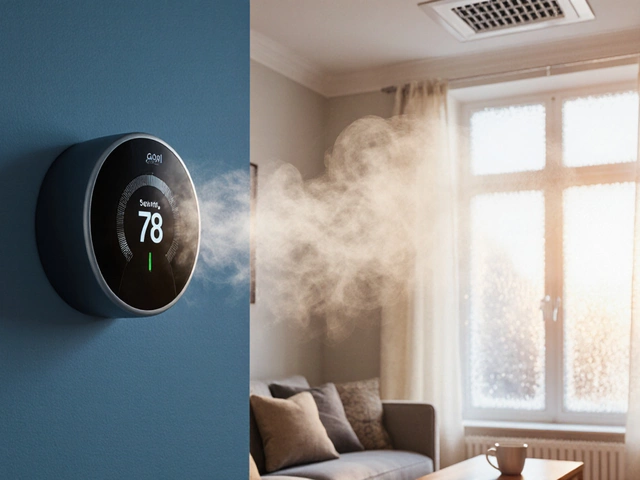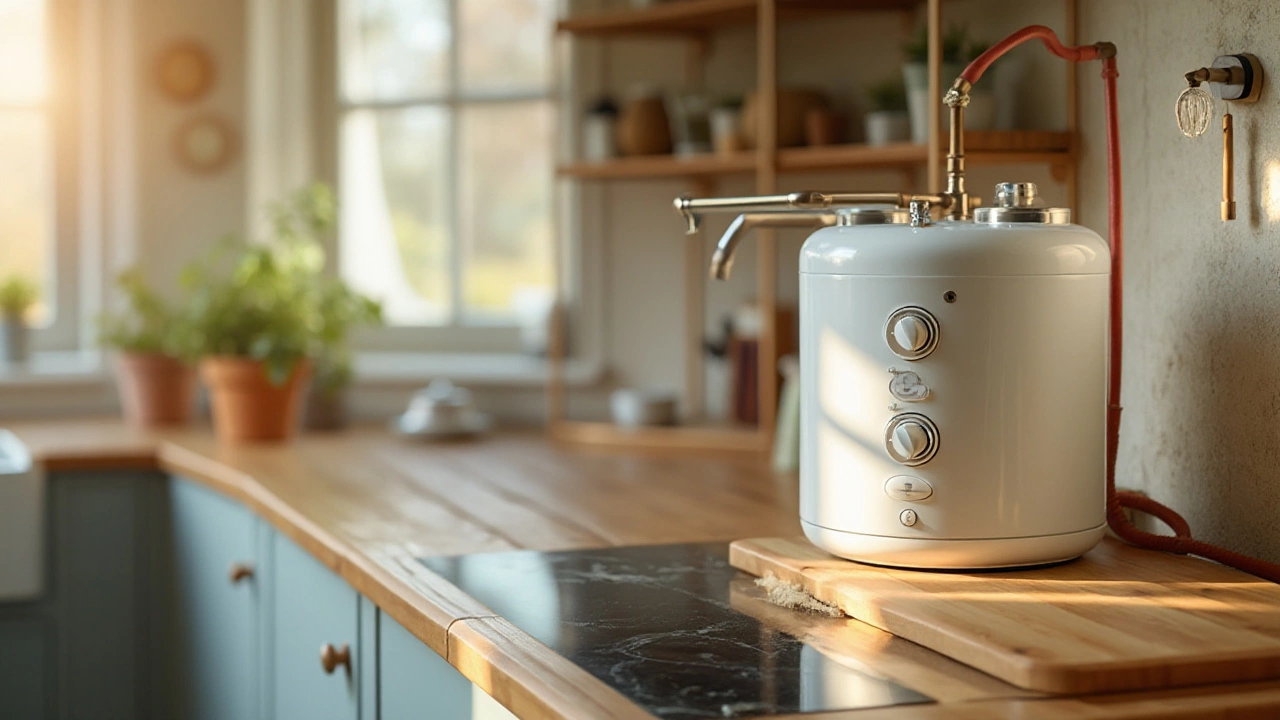Plumbing Tips You Can Use Today
Dealing with a leaky boiler, a cold shower, or a noisy extractor fan? You don’t need to panic. Most plumbing hiccups in a typical home can be spotted and often fixed with a few basic tools. Below are the most common issues you’ll run into and quick ways to handle them before you call a professional.
Boiler Basics – Keep the Heat On
First thing’s first: check the pressure gauge. If it’s below the green zone, you’re likely to get a cold house. Top it up using the filling loop – it’s a short metal hose near the boiler. Make sure the system is cool, then open the valves slowly until the gauge reads between 1 and 1.5 bar. Close the valves and reset the boiler. This often solves the ‘no heat’ problem without a technician.
If the boiler makes banging noises, bleed the radiators. Turn off the heating, locate the bleed valve on each radiator, and use a radiator key to release trapped air. You’ll hear a hissing sound; once water flows out, close the valve. This clears the air pocket and restores even heat.
Don’t ignore leaks around the pipework. Small drips can be tackled with pipe sealant tape. Wrap the tape clockwise around the pipe threads, then tighten the joint. If the leak persists, it’s a sign of a bigger issue – call a pro before water damage spreads.
Water Heater Hacks – End Cold Showers
Cold water from your shower? Start by checking the thermostat. Most electric heaters have a dial set between 120‑140°F (49‑60°C). If it’s low, raise it a bit and wait for the water to warm up. For gas heaters, ensure the pilot light is lit. If it keeps going out, the thermocouple may need cleaning or replacement.
Another common culprit is sediment buildup at the bottom of the tank. Drain the heater once a year: turn off the power or gas, attach a garden hose to the drain valve, and let the water flow out. This clears the sludge that reduces heating efficiency.
Strange noises like popping or cracking? That’s usually sediment expanding as it heats. Flushing the tank, as described above, should stop the sounds. If the tank is over ten years old and you’re still having issues, weigh the repair cost against a new, more efficient model.
Extractor Fan Fixes – Breathe Easy
Fans that whirr but don’t move air often have a clogged filter. Turn off the fan, remove the grill, and clean the filter with warm, soapy water. Let it dry completely before reinstalling. A clean filter restores airflow and reduces moisture buildup.
If the motor hums but the blades stay still, the motor may be jammed. Unplug the fan, remove the motor housing, and check for debris. A quick spin with a screwdriver can free a stuck blade. If the motor still won’t run, it’s usually cheaper to replace the unit than to repair a sealed motor.
For fans that keep turning off unexpectedly, check the wiring connections. Loose wires cause intermittent power loss. Tighten any connectors and make sure the switch isn’t faulty. If the fan still behaves oddly, it’s time for a professional electrician’s eye.
These tips cover the most frequent plumbing‑related problems you’ll meet in a typical house. While many fixes are simple, always turn off power or water supply before you start. If you feel unsure, especially with gas boilers or electrical components, don’t hesitate to call a qualified technician. A quick DIY step can save you time and money, but safety comes first.







